Larnaca is one of the main towns on the south-eastern coast of Cyprus, renowned for its rich history, cultural heritage and tourist attractions.
The situation of renting property owned by Turkish Cypriots has its peculiarities, which should be taken into account when entering into rental agreements. In this article we will look in detail at all aspects of the process, including the historical context, the legal status of the property, the lease rights and the practicalities.
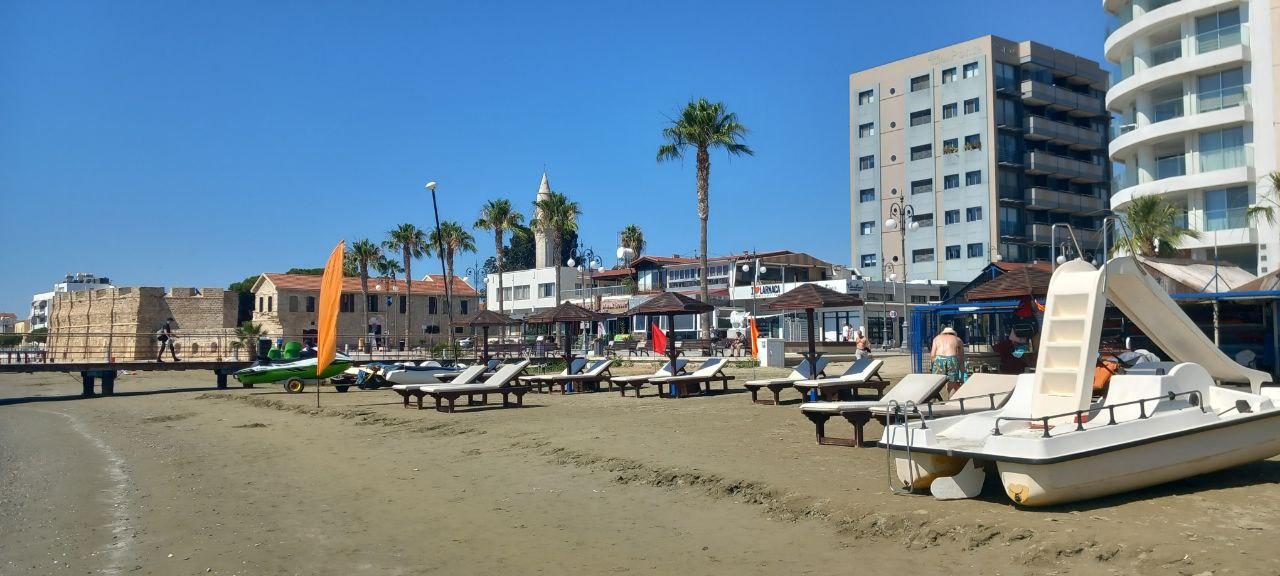
Historical context
To understand the nuances of Turkish Cypriot property leases, historical and political aspects need to be considered. In 1974 there was a conflict in Cyprus between Greek Cypriots and Turkish Cypriots which resulted in the division of the island into two parts: the southern part controlled by the Republic of Cyprus and the northern part controlled by the self-proclaimed Turkish Republic of Northern Cyprus. Following the conflict, many Turkish Cypriots fled their homes in the southern part of the island, including Larnaca. This resulted in a large number of abandoned or derelict properties, which were later taken over by the Cypriot government. These properties cannot be bought and are only available to people with refugee status who were affected in 1974. For them it is a kind of free rent under the protection of the state. For ordinary tenants, the conditions are completely different.
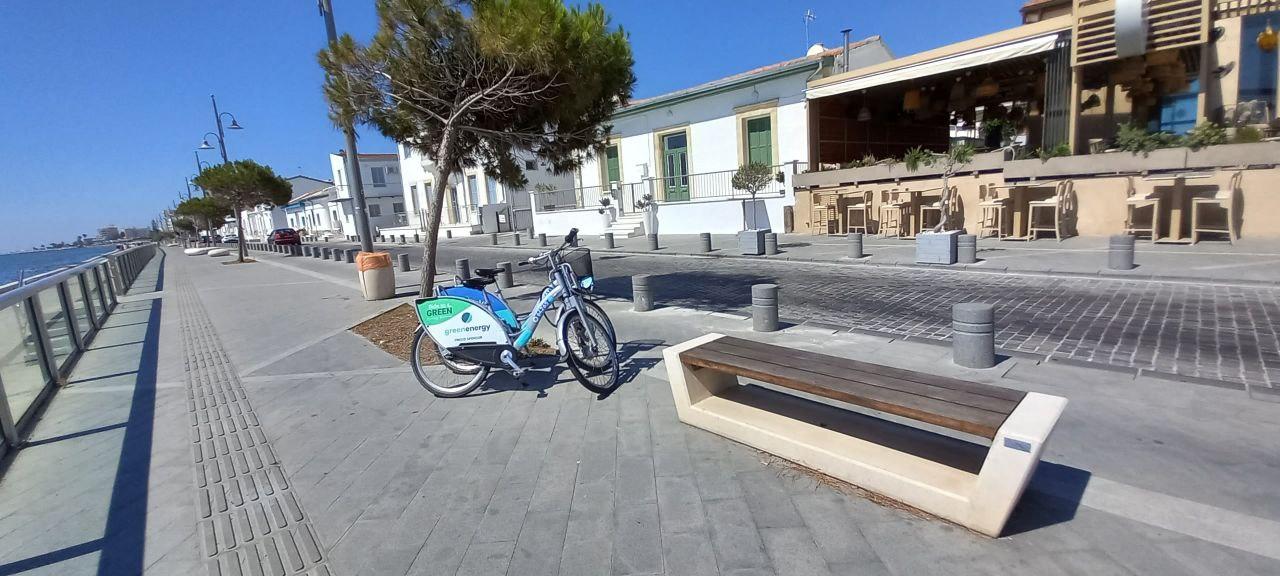
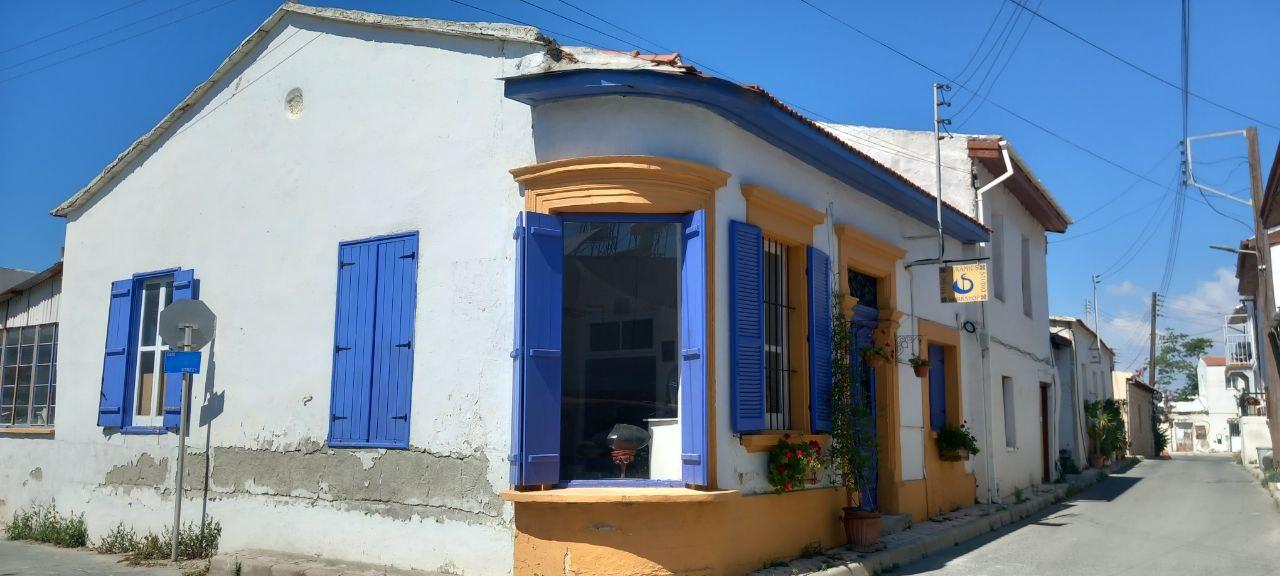
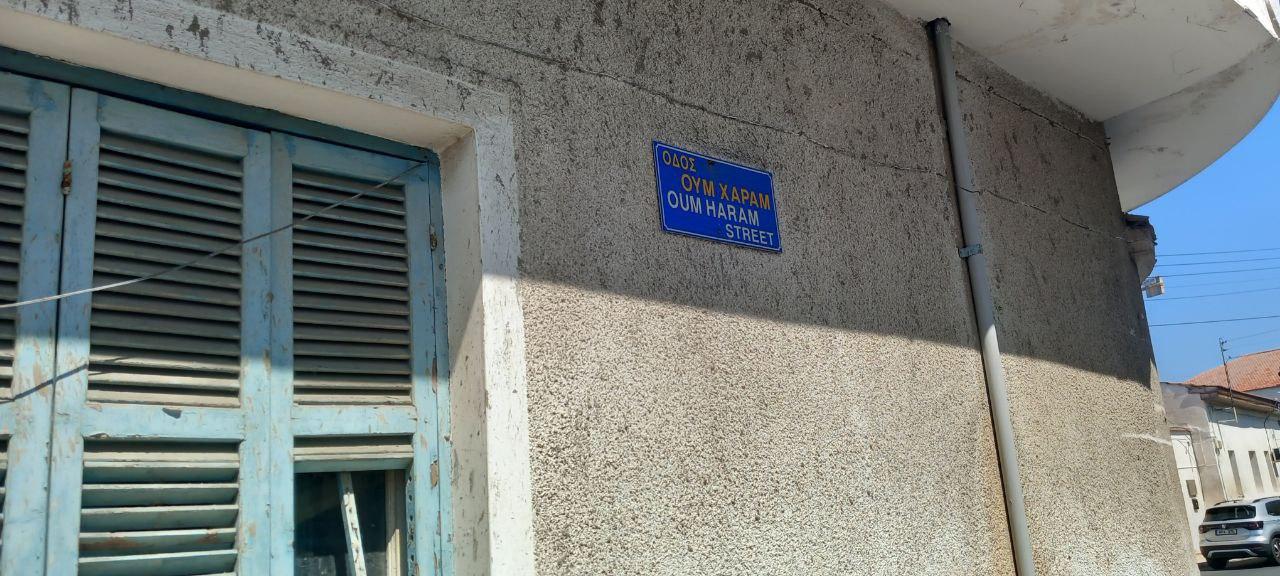
Legal status of the property
Since then, most of the properties left behind by Turkish Cypriots have been taken over by the Cypriot government. These properties are known as "Turkish Cypriot properties" and are administered by government agencies such as the Turkish Cypriot Real Estate Office. The management of these properties includes registration, control and distribution for rent.

Renting rights
- Application to rent. To rent a property owned by Turkish Cypriots, an application must be made to the Turkish Cypriot Real Estate Office. This process can be quite lengthy and requires the collection of certain documents such as an identity card, proof of income, proof of financial solvency and other documents to support the purpose of the tenancy. References are also often required.
- Rent and conditions. Rents and conditions are set by government authorities. They may be slightly lower than market rates, making such properties attractive to rent. However, the terms of the lease are often more stringent and regulated, including obligations to maintain the property in good condition and to comply with certain rules of use.
- Term of the lease. Leases are generally long-term, allowing tenants to plan for many years in advance. However, there are provisions for lease extensions, which also require government approval and may involve renegotiating the terms of the lease.
- Tenants' rights and obligations. Tenants are required to keep the property in good repair and to comply with all the terms of the lease. This includes regular maintenance, making necessary repairs, and complying with all local laws and regulations. Failure to do so may result in termination of the agreement and eviction, as well as legal consequences.
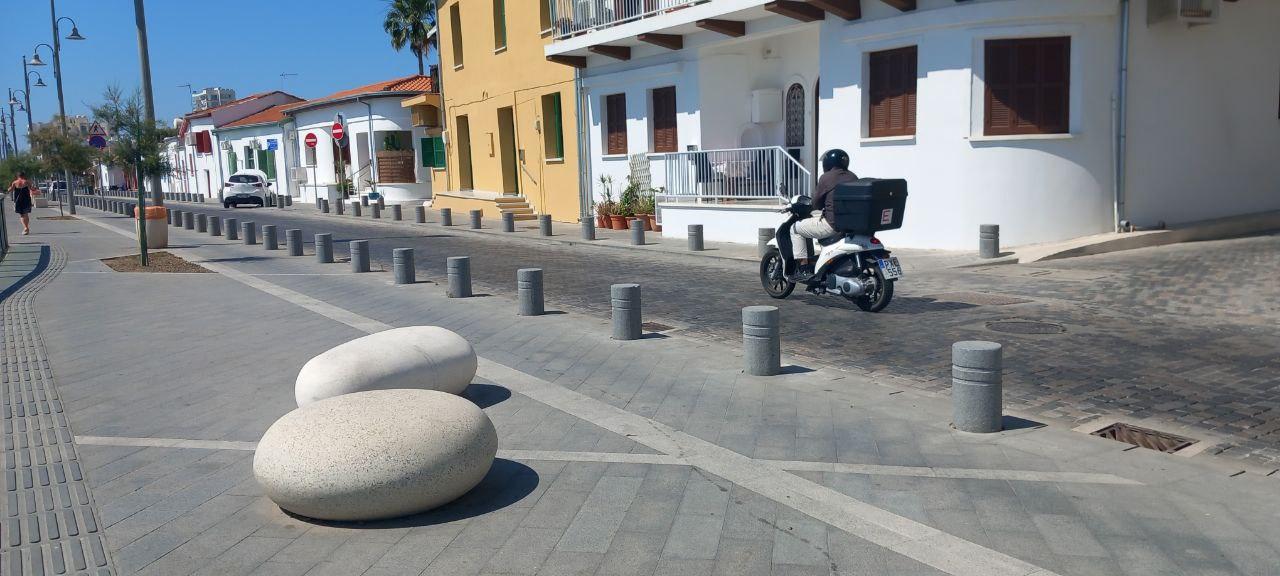
Practical aspects
- Preparing the tenancy agreement. Before entering into a tenancy agreement, it is advisable to carry out a thorough review of the condition of the property and the terms of the tenancy. This may include assessing the current condition of the property, checking the infrastructure and communications, and analyzing the potential costs of repairs and improvements. Sometimes such properties may require significant additional investment to bring them into a usable condition.
- Intermediaries and agents. Using the services of licensed estate agents can make the letting process much easier. They can help with the paperwork, deal with government agencies and ensure that the transaction is legally sound. Agents can also provide useful information about the property market in Larnaca and help you choose the most suitable property.
- Legal advice. Consulting a lawyer specializing in property will help avoid potential legal problems and ensure that all tenants' rights are respected. A lawyer can check the lease for hidden terms or clauses that may be unfavorable to the tenant. A solicitor can also help deal with potential conflict situations and protect the tenant's interests.
- Social context. It is important to consider the social context of renting a property owned by Turkish Cypriots. This includes respecting the historical aspects of the issue and understanding the feelings and interests of the local community. Renting such property may provoke different reactions from local residents, so it is important to act with respect and understanding for their positions.
- Financial aspects. When renting Turkish Cypriot property, it is important to consider all the financial aspects, including rent, repair and improvement costs, and possible taxes and charges. A thorough financial analysis will help avoid unexpected costs and ensure stable financial planning.
- Property insurance. It is also recommended that you consider insurance for your rental property. Insurance will help protect the tenant from possible risks associated with damage or loss of the property, as well as provide financial protection in the event of unforeseen circumstances.
Renting a Turkish Cypriot property in Larnaca is a complex and multifaceted process that requires careful attention and understanding of all legal, historical and practical aspects. Successful letting of such properties is possible with proper preparation, consultation with professionals and compliance with all legal requirements. Timely preparation, the use of estate agents and lawyers, and consideration of all financial and social factors will help to make the process successful and avoid potential problems.
Useful contacts
Turkish Cypriot Property Management Offices:
- Nicosia: 22 804169.
- Limassol: 25 878411.
- Larnaca: 24 805101.
- Paphos: 26 822140.
Link to the website of the Turkish Cypriot Property Management Office.
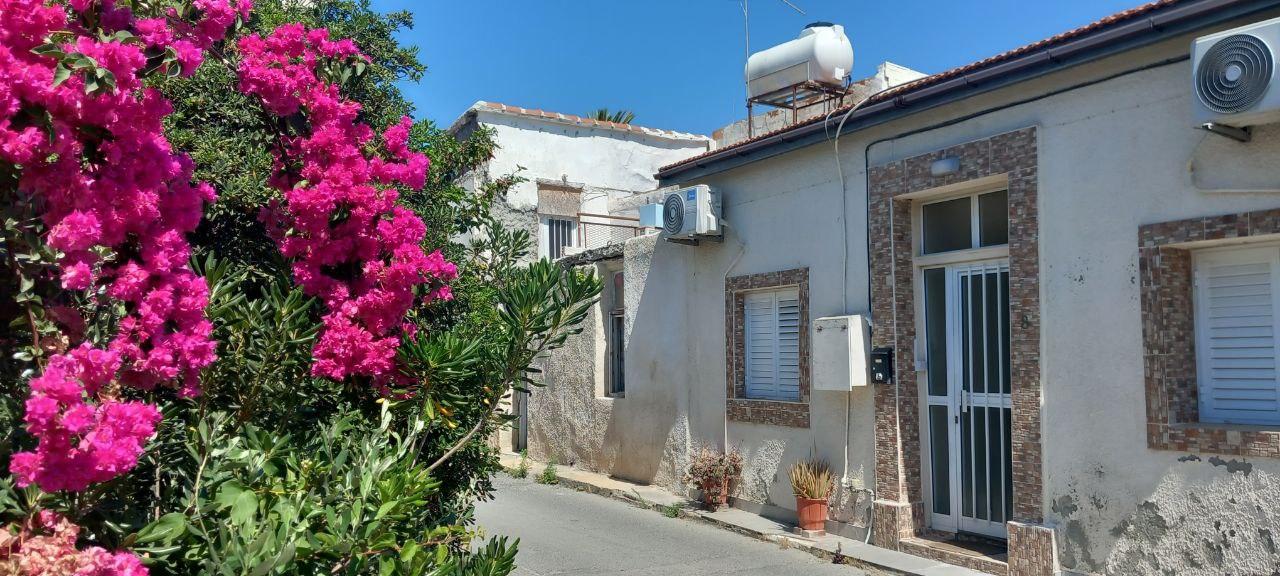
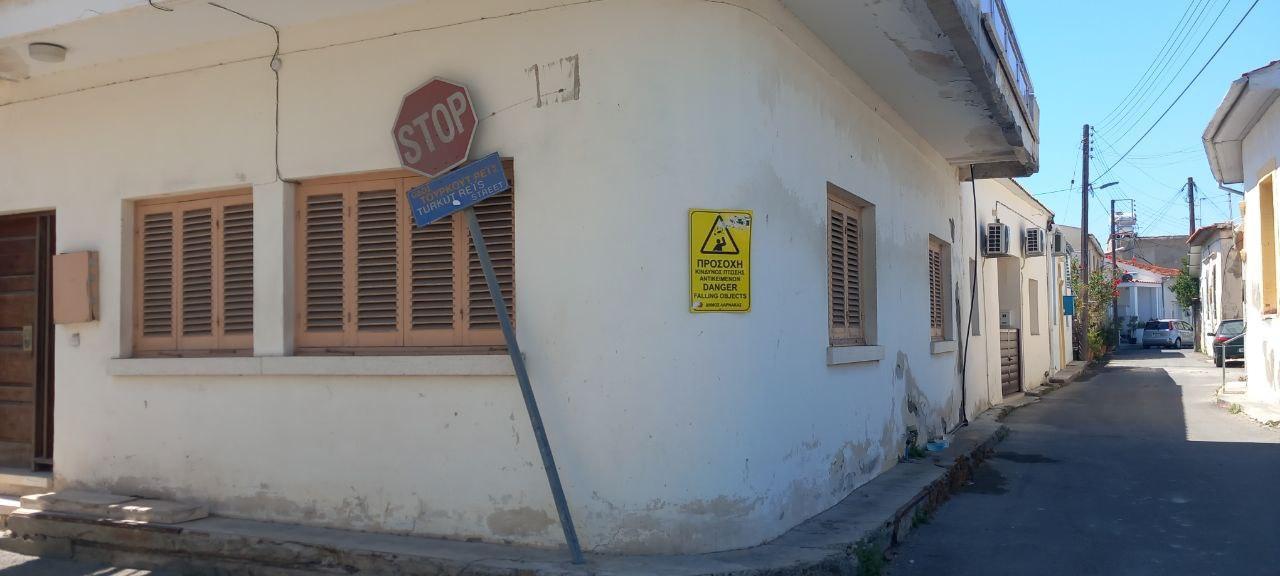
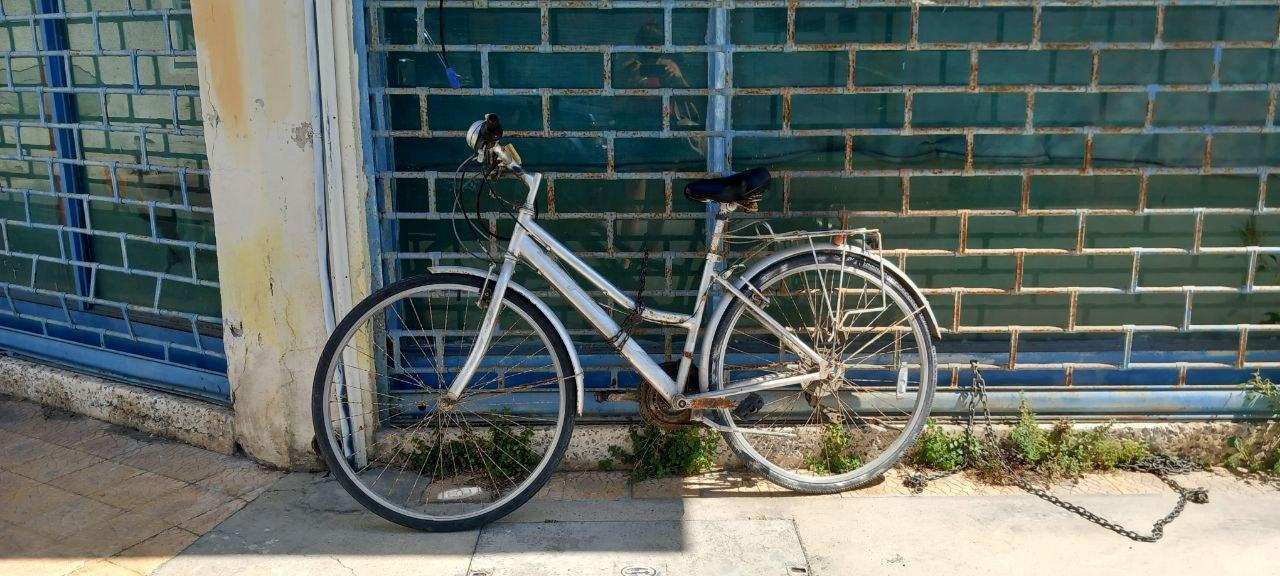
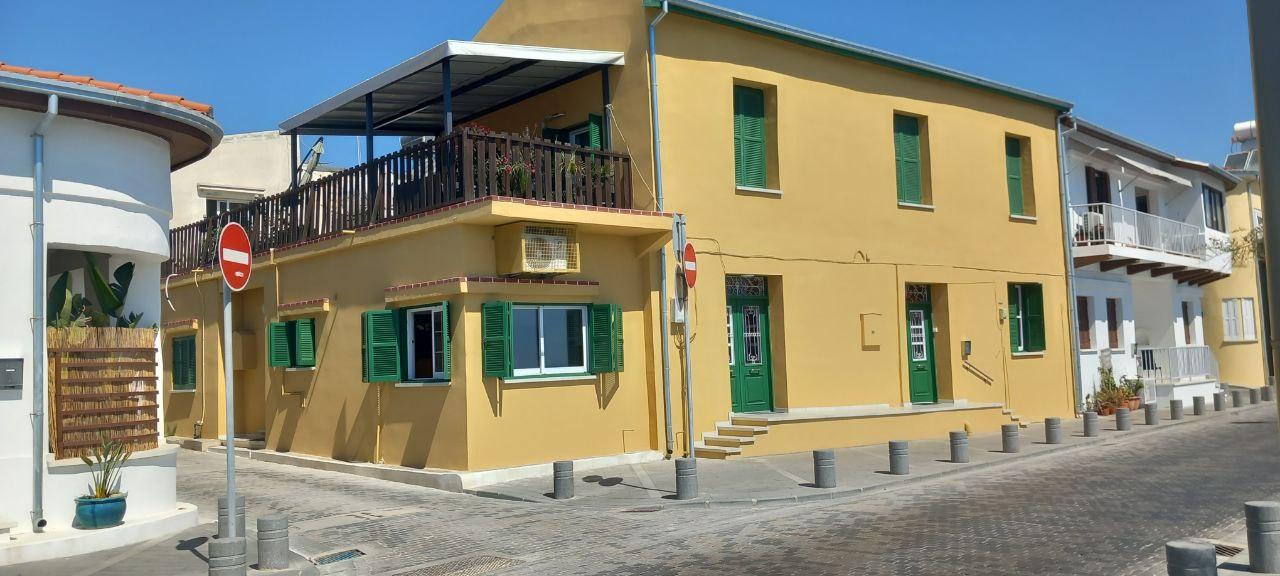
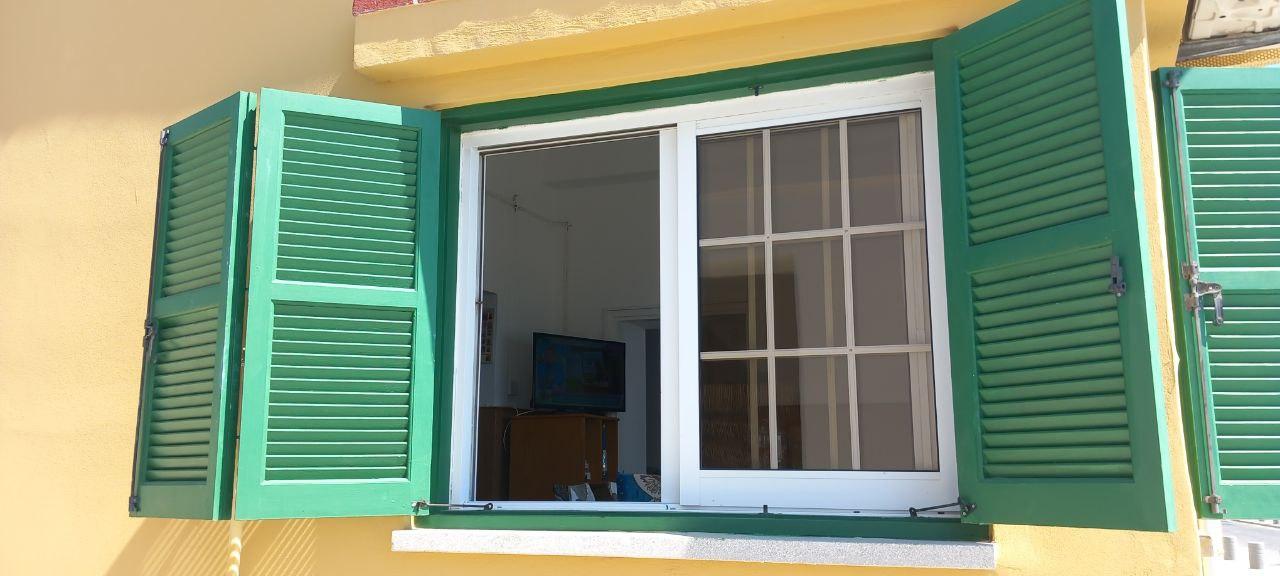
Read also:


Before you post something regarding the Cyprus problem you should be aware that it was not a conflict between the Greek Cypriots and the Turkish Cypriots but an illegal Turkish invasion.
The coming 20 July will mark 50 years since Turkey illegally invaded Cyprus, which is the only country in the European Union with 37% of of its territory under occupation.